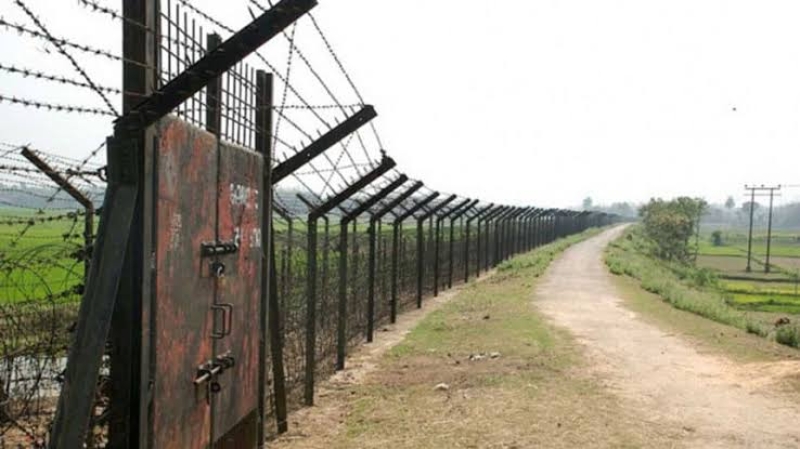- Over 100 cattle swept away by tidal surge in Munshiganj |
- Economic Growth Is the Wrong Metric for Our Time |
- Preserving Biodiversity Key to Human Survival: UN Warns |
- Trump Hails $600b Saudi Pact, Jokes Fly Over 51st State |
- Guterres Urges Israel to Accept UN's Principled Gaza Aid Plan |
Border tensions up, ‘push-ins’ continue despite BD protests

India and Bangladesh which share a long and historically sensitive border are facing new tensions over growing incidents of people being forcibly pushed into Bangladesh from India labelling them as ‘Bangladeshi’.
These ‘push-ins’ involving Bangladeshi nationals, Rohingya refugees, and unidentified people — are raising concerns over human rights violations and potential strains on cross-border relations, trade, and people-to-people ties.
Despite formal diplomatic protests lodged by Dhaka, the push-in incidents have continued in several border points.
On Thursday alone, over 100 people were sent across the border, according to sources at the Border Guard Bangladesh (BGB).
They were detained from borders in Panchagarh, Lalmonirhat, Thakurgaon, Dinajpur, Moulvibazar, Feni, Cumilla and Khagrachhari districts.
According to official and local sources, over 300 people were pushed into Bangladesh between May 4 and May 15 from India .
BGB and residents in borders report a surge in 'push-in’ or 'attempt of push-in' incidents from India to Bangladesh.
BSF patrols are reportedly taking a harder line on suspected cross-border movements rising fear among civilians.
India and Bangladesh have established legal frameworks and protocols for the repatriation of illegal migrants but the deportation continues ignoring the protocols
Experts say this action is a violation of international human rights laws and goes against existing bilateral agreements between the two countries.
When his attention was drawn about "Pushed-in" by Indian BSF, Inspector General of Police (IGP) Baharul Alam said that BGB have already detained some Bengali-speaking persons, who failed to show any ID or passports after illegally entering Bangladesh from India.
Some claim to be Bangladeshi nationals who had previously gone to India, he said.
Identities of those persons are being verified by the concerned government agency, and appropriate action will follow in coordination with police, the BGB officer said.
Some of them have reported being blindfolded and transported from distant regions before being abandoned at isolated stretches of the border.
The Border Guard Bangladesh (BGB) has detained those who crossed over and is currently interrogating them to verify their identities and ensure security measures.
On May 21, Foreign Adviser Touhid Hossain said communication with New Delhi continues and Dhaka is trying that nothing happens beyond the set mechanisms.
“They (India) have conveyed their position to some extent and we explained our position. We are trying to make them understand that this is not right,” he said, referring to a Standard Operating Procedure (SOP).
The Adviser said the Indian side has given Bangladesh a list and Dhaka is verifying it through the Home Ministry.
Bangladesh’s position is that it will examine each case separately and will receive only if there is proof that they are Bangladeshi
National Security Adviser Dr Khalilur Rahman recently said any repatriation should occur through formal diplomatic channels, reports UNB.

